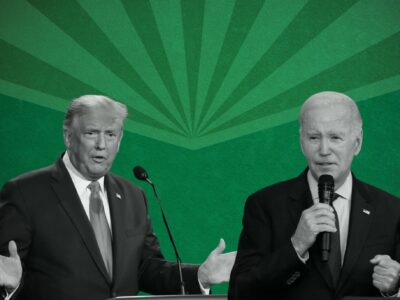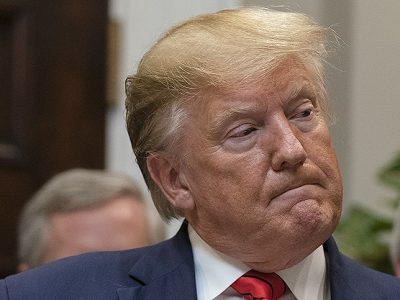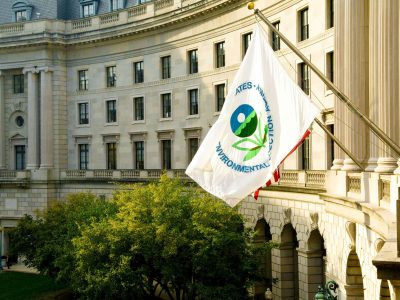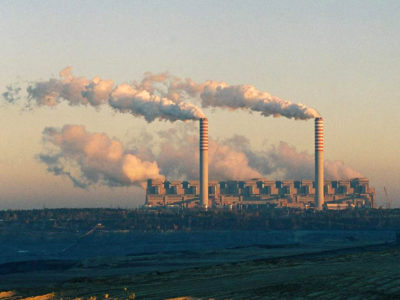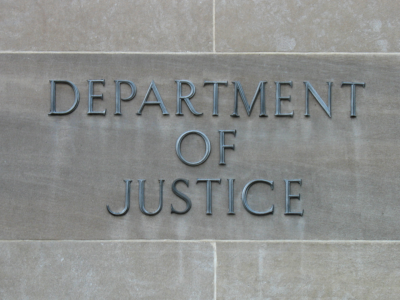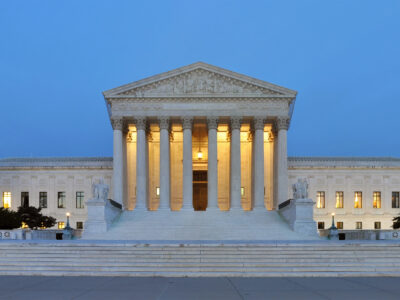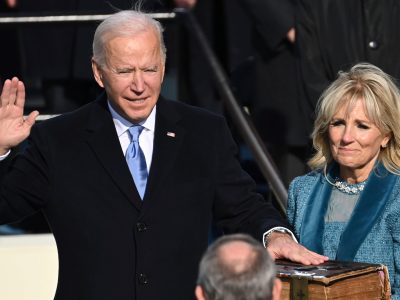Biden Administration
How broad does Clean Water Act 401 certification sweep?
Recent disputes over infrastructure projects highlights the importance of the question
Another issue for ping-pong governance over the past few years has been certification under Section 401 of the Clean Water Act. For those of you who are not deep into the weeds of the Clean Water Act, Section 401 requires (a) federal agencies that are issuing licenses or permits that (b) result in discharges to …
Continue reading “How broad does Clean Water Act 401 certification sweep?”
CONTINUE READINGThe Imperious Presidency
Executive Orders by Biden and Trump speak volumes about their perspectives.
It’s not a surprise that Trump has little respect for expertise and immense antagonism toward those he views as his enemies. What’s striking, however, is that way that these attitudes leak into even the most formal government documents, where they shape the official justifications for presidential actions. To borrow a phrase from Justice Scalia, sometimes a wolf comes in sheep’s clothing. But “this wolf comes as a wolf.”
CONTINUE READINGEmergency Powers Aren’t What They Used to Be
In the post-WW2 era, courts bent over backwards to accomodate emergency actions. Not true today, as Trump is finding out.
In mid-century America, emergency powers were truly potent. But those days are gone. In his two terms as President, Trump has declared 21 national emergencies, including eight since January 20. This glut of “emergencies” can only further discredit the whole concept. He and his advisors seem to see those as creating nearly magical legal powers, allowing them to deport people without hearings, run roughshod over environmental safeguards, and impose tariffs willy-nilly. They are probably in line for a disappointment. Judges are no longer in awe of emergency powers.
CONTINUE READINGWhat Happened to EPA Enforcement?
Enforcement efforts peaked long ago and have been in long-term decline. Trump will accelerate that.
There has been a long-term decline in EPA enforcement since the late Bush Administration. The numbers raise three questions: What’s behind the long-term trend? Why has pollution generally continued to decline despite weaker enforcement? And how bad will things be under Trump II? As to the third question, Trump has already made it clear that we can expect environmental enforcement to crash and burn in the next four years.
CONTINUE READINGThe Legal Complexities of Deregulating Power Plant Carbon Emissions
The Supreme Court struck down Obama’s powerplant regulation. but it didn’t endorse Trump’s first try either.
We are likely to end up with a Trump rule for powerplant emissions that is much weaker than the Biden rule, but not as weak as EPA’s effort in the first Trump Administration. And the process will take Trump longer this time, with a greater litigation risk.This matters because even a very weak rule may require significant investments in improving powerplant efficiency, which could result in some plant closures.
CONTINUE READINGCrisis at DOJ’s Environment & Natural Resources Division
Guest contributors Sommer Engels, Andrew Mergen, and Justin Pidot write that dismantling ENRD will be disastrous for future administrations, the American people, and even for the Trump Administration.
The Environment and Natural Resources Division (ENRD) of the Department of Justice faces its most profound crisis since it was established in 1909. In a little over a week, the Trump administration has (1) reassigned four career managers (leading nearly half of ENRD’s sections) to the newly formed Office of Sanctuary Cities Enforcement; (2) placed …
Continue reading “Crisis at DOJ’s Environment & Natural Resources Division”
CONTINUE READINGGood & Bad Environmental News From the U.S. Supreme Court
Escalating Legal Attacks on California’s Longstanding Clean Air Act “Waiver” Authority
This past week, the U.S. Supreme Court issued important orders in two closely-related environmental cases previously decided by the U.S. Court of Appeals for the District of Columbia. Last Friday the justices granted review in Diamond Alternative Energy v. Environmental Protection Agency, agreeing to decide whether fossil fuel manufacturers have legal standing to challenge an …
Continue reading “Good & Bad Environmental News From the U.S. Supreme Court”
CONTINUE READINGDeal or No Deal?
Should Congress pass EPRA?
This is the second in a series of posts on permitting reform. The first post is here. Given the provisions of the Energy Permitting Reform Act (EPRA), should Congress enact it as it stands now? Answering that question is tricky, in part because it depends both on uncertain political and administrative action, as well as …
Continue reading “Deal or No Deal?”
CONTINUE READINGShould We Do Permitting Reform?
What is at stake with the Manchin bill.
As Congress wraps up its lame duck session before the new Congress and President arrive in January, there is a lot of debate about whether to move forward on permitting reform within a quickly shrinking window of time. The basis of debate is the Energy Permitting Reform Act (EPRA) co-sponsored by Senators Manchin and Barrasso. …
Continue reading “Should We Do Permitting Reform?”
CONTINUE READINGA To-Do List For Biden
The clock is ticking, but there’s still time for a few important last things.
Biden has a little over two months left in office. There are some important things he can do in the meantime to protect the environment from the next administration. Here are a few of the most important efforts.
CONTINUE READING



